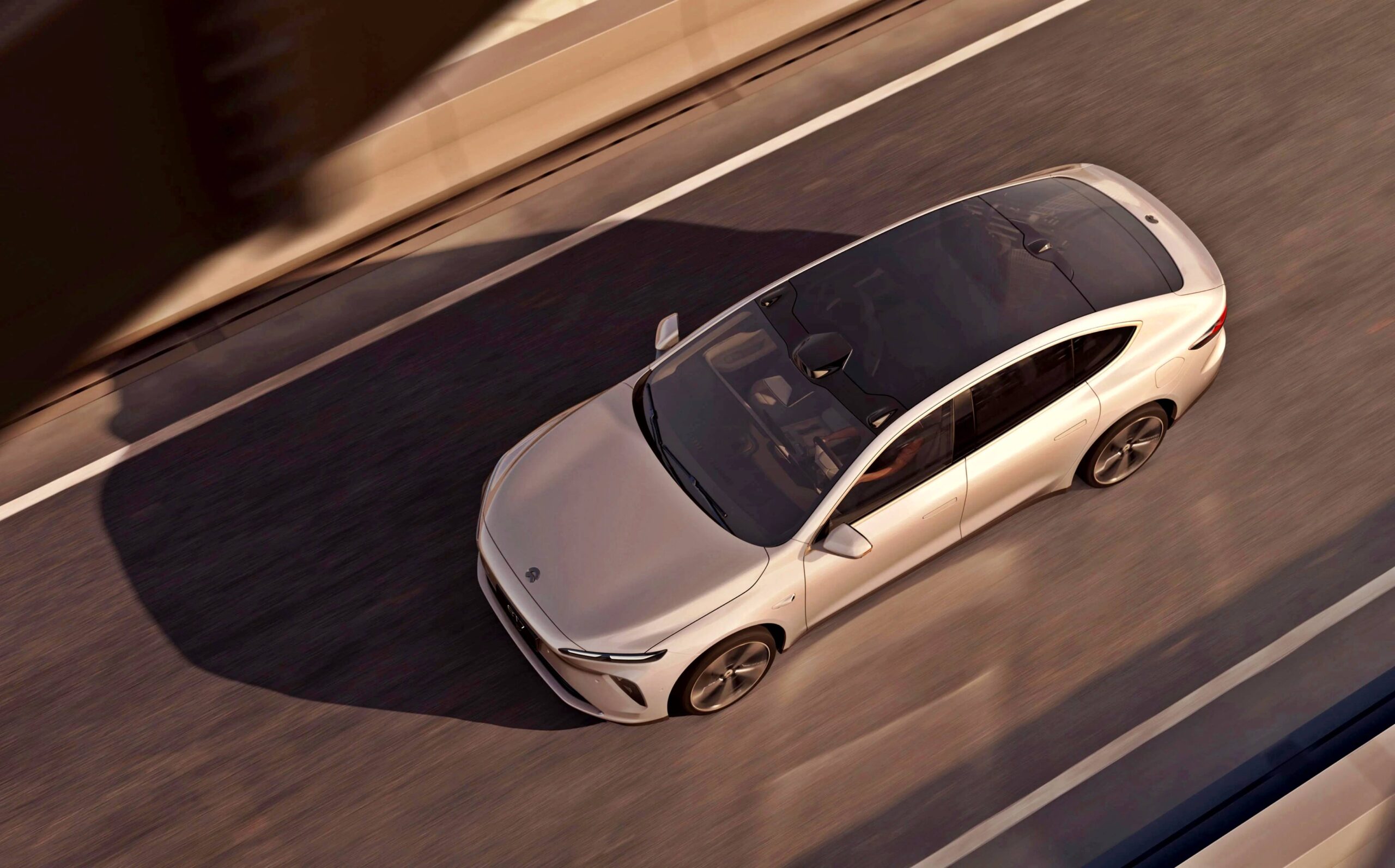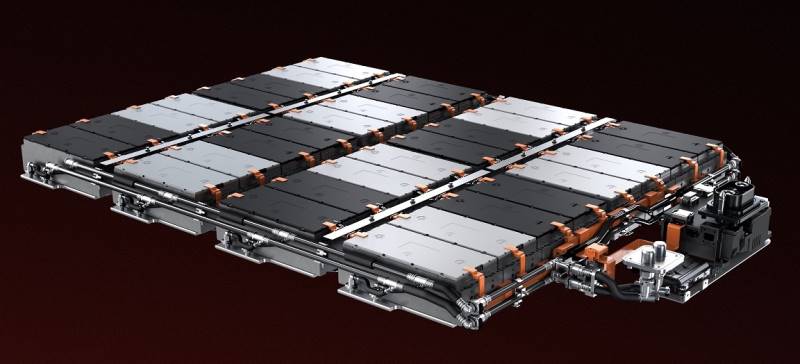Range anxiety – how many kilometres an EV can travel – is something which will need time to overcome in the minds of many people considering owning electric vehicles. The growing network of charging stations in many countries will help reduce that concern but it will still be some time before it matched the liquid fuel network – a product of over 100 years of development.
The other approach to addressing the concern is to make EVs go further on each fully charged battery pack. When the first Nissan LEAF was introduced 12 years ago, the range was under 200 kms but it has rapidly increased in the years that followed. Today, many EVs can go over 300 kms – a few even further – on a full charge.

Extending range is a challenge which carmakers are pursuing, the same way that they pushed the limits of fuel consumption for combustion-engined cars. New technologies allow for longer ranges and battery technology is advancing each year to store more energy so recharging can be less frequent.
NIO, a Chinese carmaker, has developed an Ultra Long Range 150 kWh battery pack which is said to be the world’s first pouch format cell CTP Pack with no thermal propagation design. Its cell energy density is up to 360 Wh/kg – the highest capacity and energy density for mass-produced production car battery packs in China.
The greater capacity means longer range is possible and to prove this, the company’s founder, chairman and CEO, William Li, recently drove the brand’s ET7 model and clocked just over 1,000 kms without any recharging. Together with senior colleagues taking turns behind the wheel, the EV covered 1,044 kilometres between Shanghai and Xiamen.
The impressive range was achieved in spite of particularly low temperatures. Battery performance is typically affected by temperature and very cold conditions will reduce range. “The completion of this range test marks the range of smart EVs going beyond 1,000 kilometres, which will further promote the transformation of the automotive industry from the consumption of petrol to electricity,” said Li.

The new battery pack is in production and compatible with NIO’s entire range of EVs. It is currently available for users of the company’s Battery as a Service subscription model. This operates through NIO Power’s chargeable, upgradable and swappable power service system. NIO owners will be provided with flexible options for upgrading the batteries when needed. This allows drivers to flexibly scale battery capacity during each stop to suit changing requirements.
NIO has 2,322 Power Swap Stations worldwide: 2,289 in China and 33 in Europe, with the latest opening recently in Amsterdam. It has performed over 34 million battery swap operations – equivalent to one swap every 1.4 seconds. Battery-swapping is a fast method compared to recharging as it takes less than 5 minutes and a fully charged battery pack is installed.
![NIO ET7 EV 1000 kms [2023] NIO ET7 EV 1000 kms [2023]](https://www.motaauto.com/wp-content/uploads/2023/12/NIO-ET7-EV-1000-kms-2023--696x437.jpg)

